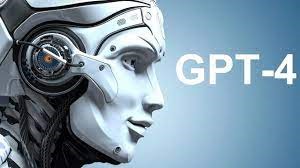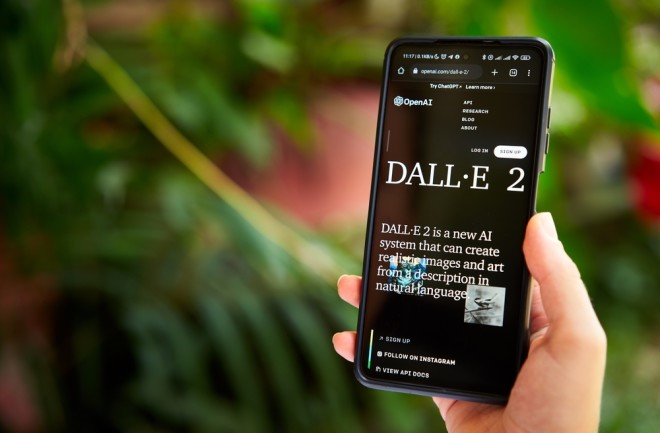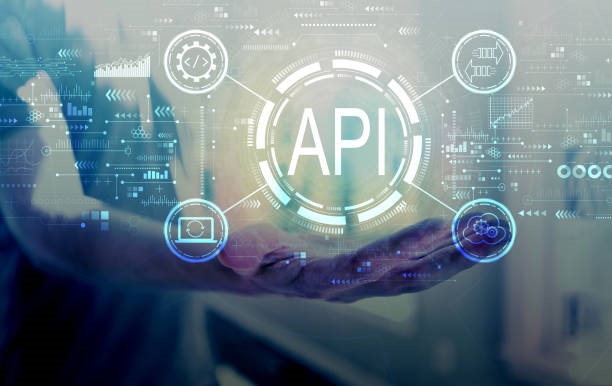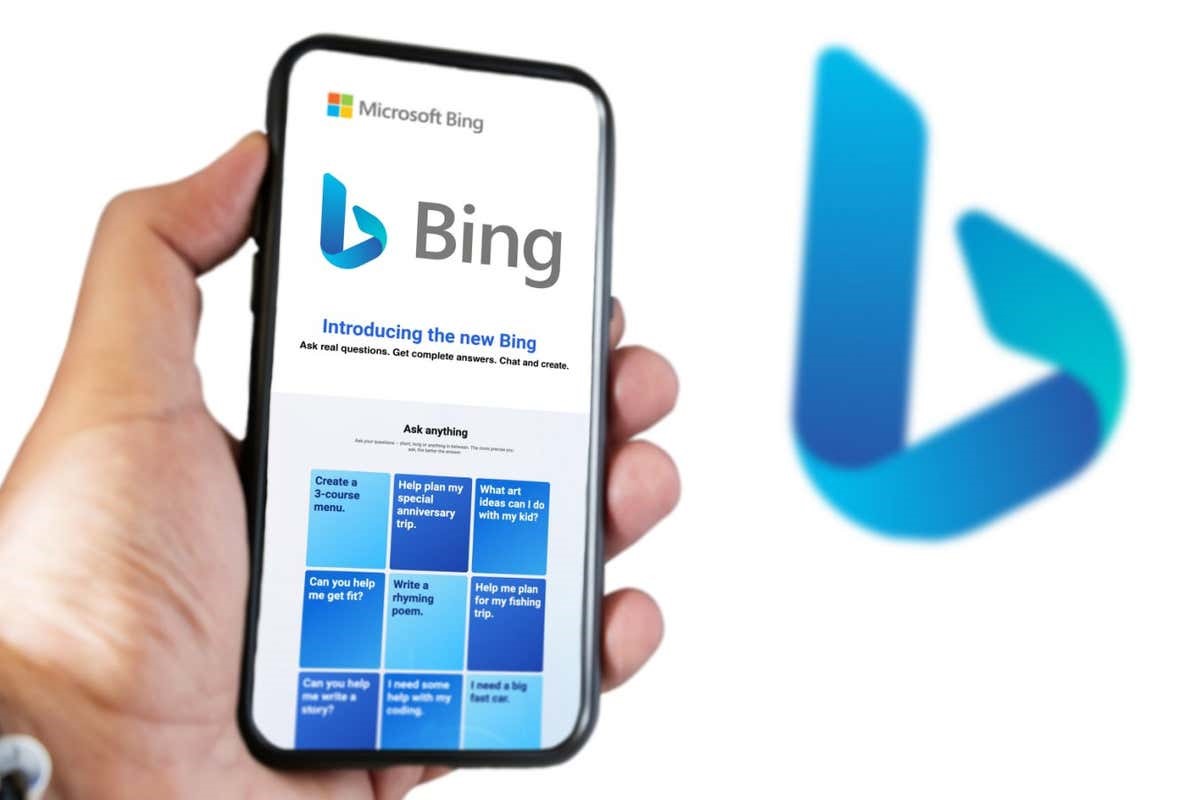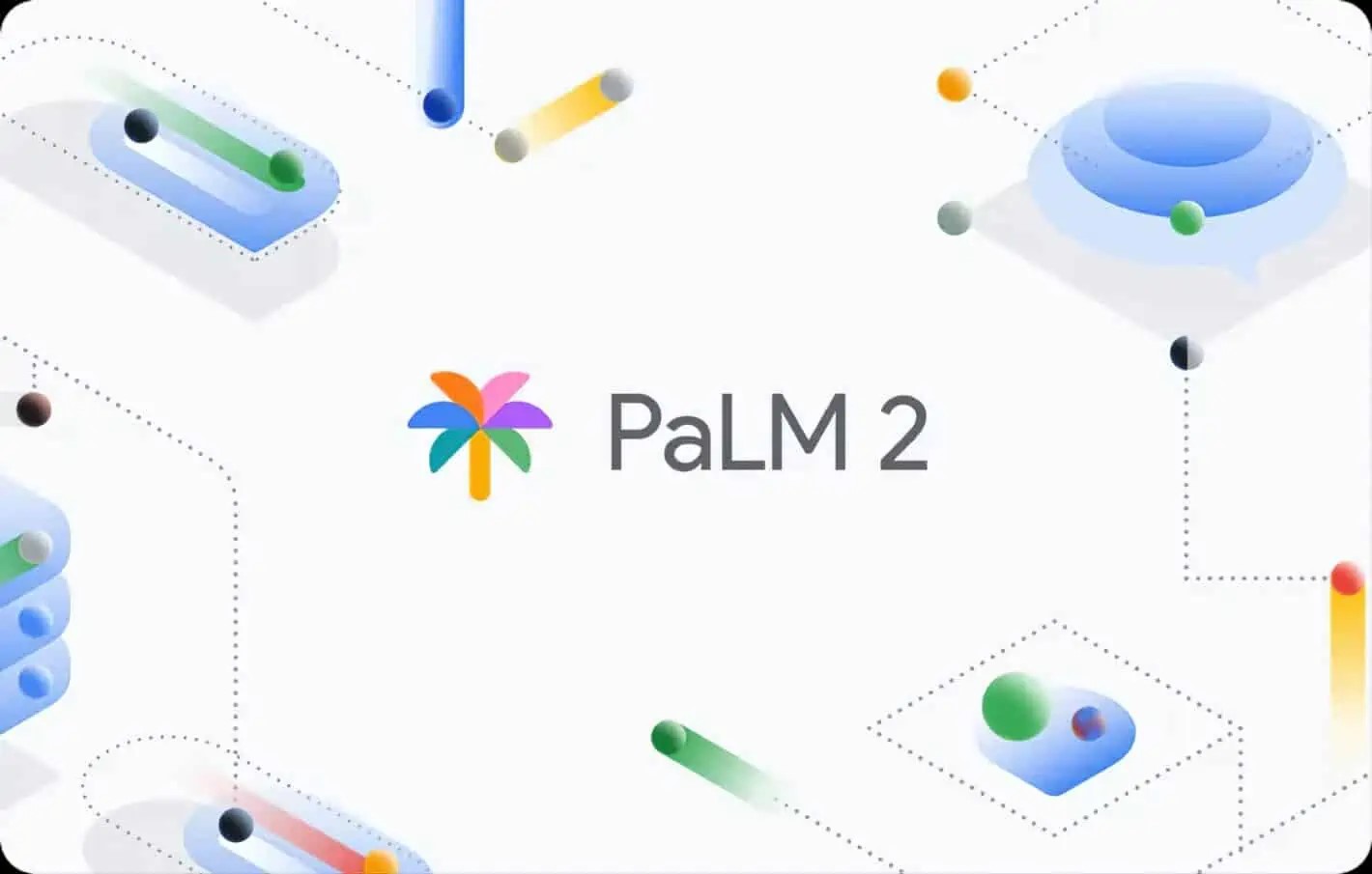AI Voice Cloning
AI Voice cloning is a technology that allows for creation of synthetic voices that imitate a target voice through speech synthesis. By cloning a voice you can realistically replicate a person's voice for use in voice assistants or real-time voice changer applications. Traditionally, cloning a voice requires hours of recorded speech to build a collection of datasets that can be used to build a new voice model. However, it is now possible create voice clones with just a few easy steps! [1]

Figure 1. AI Voice Cloning
Cloning a voice typically requires collecting hours of recorded speech to build a dataset then using the dataset to train a new voice model. But not anymore. A new Github project introduces a remarkable Real-Time Voice Cloning Toolbox that enables anyone to clone a voice from as little as five seconds of sample audio.
Voice cloning technology is relatively accessible on the Internet today. Montreal-based AI startup Lyrebird provides an online platform that can mimic a person’s mimics speech when trained on 30 or more recordings. Baidu last year introduced a new neural voice cloning system that synthesizes a person’s voice from only a few audio samples.
Corentin Jemine’s novel repository provides a self-developed framework with a three-stage pipeline implemented from earlier research work, including SV2TTS, WaveRNN, Tacotron 2, and GE2E. [2]
Voice cloning is the voice recognition process to create a digital copy of your voice using AI-powered deep learning technology, and the AI recreates it to speak what you need from the text.
There are many methods, like using voice cloning software to record and then used by someone else in real time voice cloning for several purposes.
Weather companies use voice cloning with deep fake forecasting throughout the day without the caster in the studio. Anyone can sit behind the mic for real time voice cloning using a voice cloning app to read the whole news and other scenarios such as:
- Reading from PPT in classes.
- Authors using to read their work to check for mistakes.
- Announcements in public, airports, etc.
- Historical voice cloning for interactive teaching and storytelling.
- Adding teacher voices to PPT slides and lecture notes using voice cloning software.
- Voice cloning app to read books in the author's or a celebrity’s voice.
- AI voice cloning helping the voice impaired to speak or practice new languages. [3]
AI voice cloning is a rapidly advancing technology that has the potential to revolutionize the way we create and consume media. From bringing back the voices of deceased actors to creating more realistic video game characters, AI voice cloning has numerous applications that are already transforming the media landscape.
However, the technology also raises ethical concerns around issues such as consent, privacy, and the potential for the technology to be used for malicious purposes. As such, it is important to consider these issues carefully and ensure that AI voice cloning is used responsibly and ethically.
Overall, AI voice cloning is a powerful and exciting development in the world of media and entertainment, and it will be interesting to see how the technology continues to evolve and shape the future of the industry.
References:
- https://voice.ai/voice-cloning
- https://medium.com/syncedreview/clone-a-voice-in-five-seconds-with-this-ai-toolbox-f3f116b11281
- https://filme.imyfone.com/text-to-speech/voice-cloning-software
Cite this article:
Gokula Nandhini K (2023), AI Voice Cloning, AnaTechMaz, pp.244





